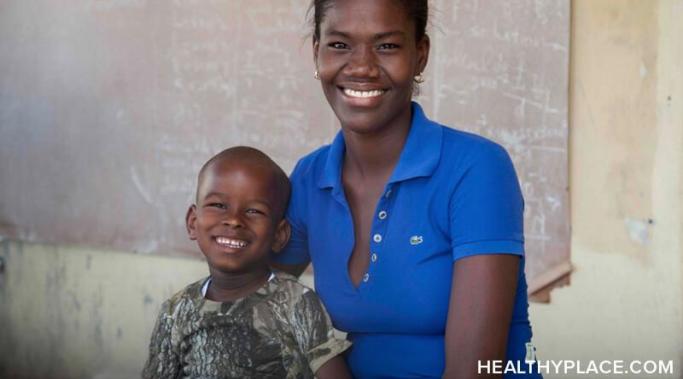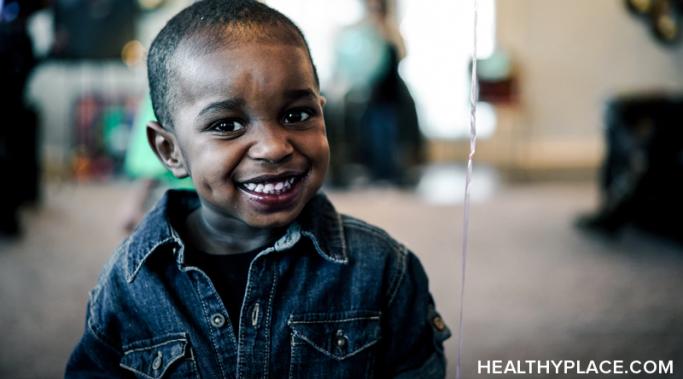About a month ago, I talked about getting my child evaluated for attention-deficit/hyperactivity disorder (ADHD). Technically, though, it wasn't a formal evaluation. It was basically a request (or plea, however you want to look at it) for my child's insurance company to foot the bill for ADHD testing. It was supposed to be the first step in getting the help we needed. Unfortunately, the insurance company decided it would also be the last step. They denied our request, even though the doctor thought ADHD testing was warranted. We're right back where we started.
Life with Bob
When choosing a topic to write about for "Life with Bob," I usually like to try to pick just the right one, maybe even do some research to see what my readers are asking about on Google. This week, though, I can only think about one thing: my child with attention-deficit/hyperactivity disorder (ADHD) won't listen to me.
Keeping a child mentally healthy can be challenging, especially if your child has a mental illness as mine does. In fact, I think it can be harder than keeping a child physically healthy since keeping the body in shape basically involves a checklist: good diet, check; lots of exercise, check; plenty of water, check; annual checkup, check. A child's mental health, though, can be a bit more complicated.
My child is going through a formal evaluation for his attention-deficit/hyperactivity disorder (ADHD), which means I've answered approximately 506 questions regarding everything from how he acts in school to how I discipline him at home to which daily tasks he can accomplish by himself without being prompted. The doctor also took notes on how I interacted with my son, and by the end of the session, I felt like I had been evaluated as a mother as much as my child had been evaluated for ADHD. I felt insecure and judged.
A little while ago, I wrote a post about how I'm okay with my child having a mental illness. More recently, I was thrilled to learn that he feels the same way. My child wants to keep his attention-deficit/hyperactivity disorder (ADHD), and he isn't a fan of the idea of someone taking it away.
I like to joke that my child had attention-deficit/hyperactivity disorder (ADHD) since before he was born. The little guy never sat still in the womb--ever--and that didn't change once he waltzed into the world. Then he learned how to walk and talk, and he hasn't sat still or stopped talking ever since. As the exhausted mother of a child with ADHD who sometimes feels desperate for one moment of elusive silence, I often wonder: can he outgrow ADHD?
Like everything else in life, the risk factors for mental illness in children are impacted by both nature and nurture. Some of these risk factors I can do something about as a mother raising a child with mental illness, although some are out of my control. Accepting this has been one of the hardest parts of motherhood for me, but it's also been one of the most liberating.
There are two very important people in my life who depend on me for pretty much everything. They're both young. They're both a handful. And they both have so much energy that they drive themselves--and me--a little crazy with it. One of them, though, isn't a person at all. He's my dog, and he's done more for my child's attention-deficit/hyperactivity disorder (ADHD) than anyone else.
One of the hardest parts of parenting a child with mental illness is watching my kid behave disruptively or throw a larger-than-life tantrum and wondering, "Would this be happening if I were a better mom? Is my child's mental illness a result of my poor parenting?"
On days when my child's attention-deficit/hyperactivity disorder (ADHD) comes on particularly strong, I ask myself, "Why can't he have perfect mental health as I do?" Only I don't ask myself that at all since I've never met anyone who doesn't know a little about mental illness, least of all yours truly. Every last one of us can relate to my child and his mental illness.









